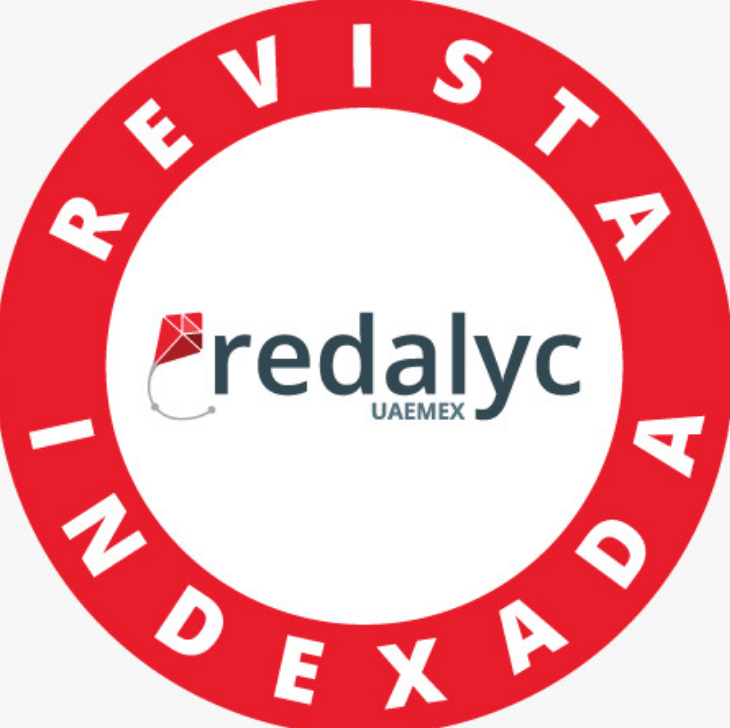Safeguarding Mobile Users from Violation by Third-party Apps
DOI:
https://doi.org/10.33333/lajc.vol12n1.02Keywords:
CIA cybersecurity, third-party apps security., third-party apps securityAbstract
Insecure third-party mobile applications (apps) can have a detrimental impact on mobile users in terms of information security and data privacy. Insufficient protection for third-party mobile apps platforms may result in harmful installations. The purpose of this paper was to make recommendation on guidelines for safeguarding mobile users from violations by third-party apps. In this regard, empirical data was collected through questionnaires developed to determine the necessary themes that led to the development of the recommendations. The findings showed that a large percentage of participants are not aware of basic security methods to safeguard themselves. Secondly, there is a need for increased confidence in data integrity protocols, and the necessity to ability for emphasizing strong availability controls and backup strategies for mobile users’ continuous access to services. Since the findings align to the Confidentiality, Integrity, and Availability (CIA) triad framework, then the recommendations were made as an implementation strategy of the CIA triad for safeguarding mobile users against violation by the third-party apps. Mobile users will benefit immensely on the recommendations as empower them as the first line of defense against cybercrimes.
Downloads
Published
Issue
Section
License
Copyright (c) 2025 Latin American Journal of Computing

This work is licensed under a Creative Commons Attribution-NonCommercial-ShareAlike 4.0 International License.
Copyright Notice
Authors who publish this journal agree to the following terms:
- Authors retain copyright and grant the journal right of first publication with the work simultaneously licensed under a Creative Commons Attribution-Non-Commercial-Share-Alike 4.0 International 4.0 that allows others to share the work with an acknowledgement of the work's authorship and initial publication in this journal.
- Authors are able to enter into separate, additional contractual arrangements for the non-exclusive distribution of the journal's published version of the work (e.g., post it to an institutional repository or publish it in a book), with an acknowledgement of its initial publication in this journal.
- Authors are permitted and encouraged to post their work online (e.g., in institutional repositories or on their website) prior to and during the submission process, as it can lead to productive exchanges, as well as earlier and greater citation of published work.
Disclaimer
LAJC in no event shall be liable for any direct, indirect, incidental, punitive, or consequential copyright infringement claims related to articles that have been submitted for evaluation, or published in any issue of this journal. Find out more in our Disclaimer Notice.











